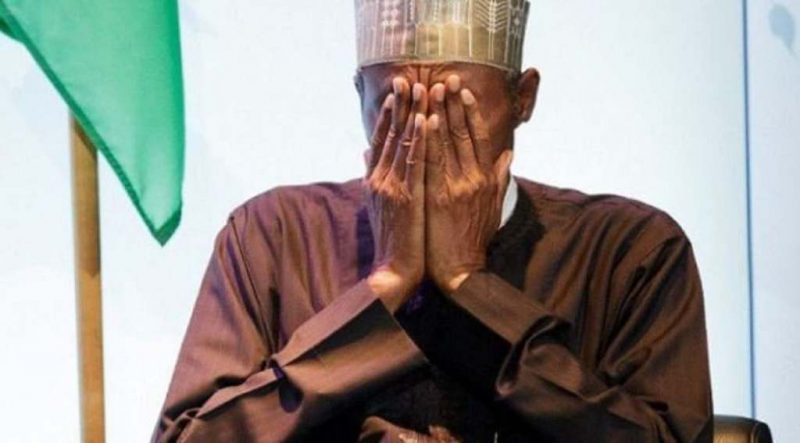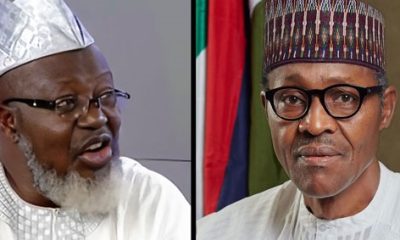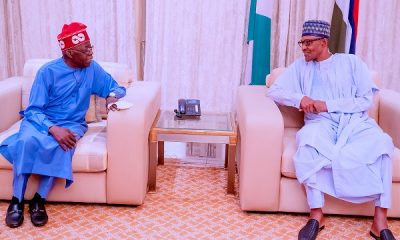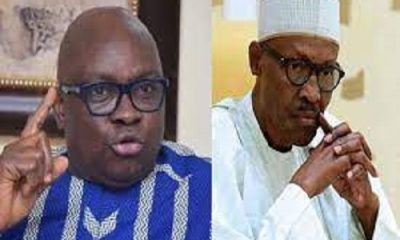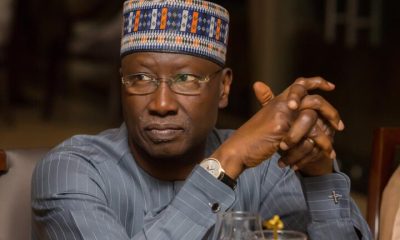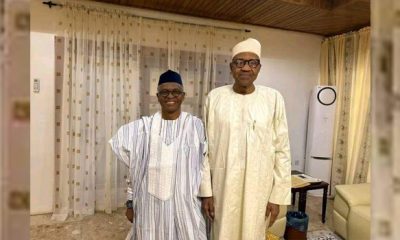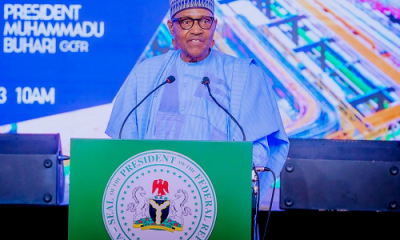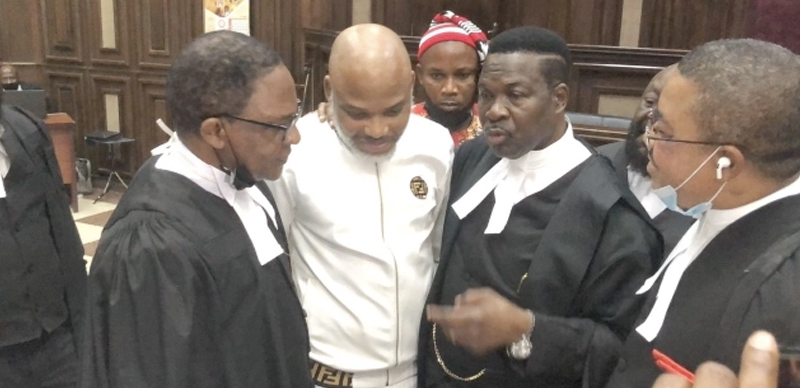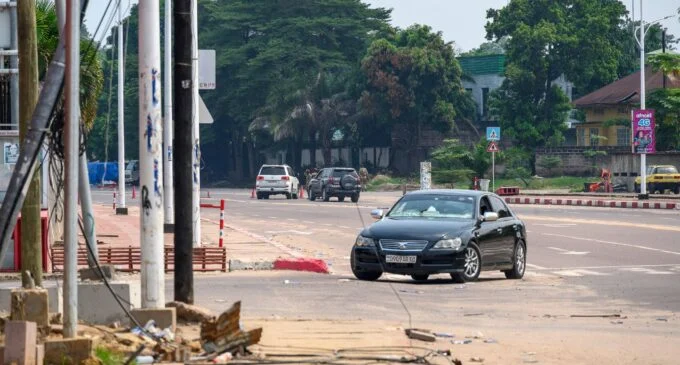Fresh facts indicated yesterday that a minister and a top government official changed the plan of President Muhammadu Buhari to allow the recirculation of old N200, N500 and N1,000 notes till April 10, according to report by The Nation.
It came to light that state governors would have accepted the decision despite the fact that they wanted a minimum of one year timeline to change the redesigned notes to the new ones.
The governors claimed, during discussions with some government officials, that their secret investigations confirmed that it might take the Nigerian Security Printing and Minting Plc over nine months to print N1 trillion of the new notes.
According to the report, before his broadcast to Nigerians on Thursday, the President had received security reports on mass disenchantment with the Naira redesign policy.
Among other intelligence, the President got to know that the policy was ‘hurting’ the poor.
According to a top source, the President highlighted three choices for consultations before addressing Nigerians.
The options were as follows:
Outright review and reversal of the Naira redesign policy
Recirculation of old notes of N200, N500 and N1,000 from February 10th to April 10th
Allowing the court to have the final say on the Naira redesign
Out of court settlement to save the economy of any jolt
The top source said: “After isolating the alternatives to prevent chaos, the President initiated a series of consultations with state governors, allies, strategists and gauging the mind of the Governor of the Central Bank of Nigeria (CBN), Mr. Godwin Emefiele.
“The President was deeply concerned that the poor people were the most affected by naira scarcity. Based on the assurance he got from Emefiele, he had hoped that the policy would be executed with slight dislocations.
“Buhari noted the points made by those who asked for a review. What worried him most were reports of how poor Nigerians who legitimately made their money were finding it difficult to get the new notes and therefore unable to feed themselves and their families.
“Buhari had virtually made up his mind to allow the reintroduction of the three denominations and for both the old and new notes to be legal tender till April 10th. Some presidential aides were waiting for directive to announce the decision but the intervention of a minister and a presidency official led the President to have a change of heart. What followed was the broadcast by the President on Thursday morning.”
The source gave insights into how the two government officials ‘influenced’ the last-minute decision of the President.
“Both officials pressed it on the President that allowing N500 and N1000 to be legal tender until April 10th would defeat his resolve not to allow those who have stashed billions of the old notes for the forthcoming elections to bribe voters.
“They convinced the President that Nigerians would accept this when he addresses them, show understanding and embrace the policy. Lost on the President and the two officials was the concern of the governors that re-circulating only the N200 old notes will not end the scarcity of the national currency.
“Also glossed over was the injunction of the Supreme Court of February 8 which was reaffirmed on February 15 that the old notes remain legal tender until the suit filed by the governments of Kaduna, Zamfara and Kogi and the motion of objection filed by the Federal Government are heard and determined.”
Responding to a question, the source said: “The two officials are members of the cabal working against the APC presidential candidate, Asiwaju Bola Tinubu, because their ambitions were not realised.
“One of them wanted to be a governor and the other a presidential running mate. Buhari believed that their advice was altruistic, not knowing that they had an ulterior motive.”
Another reliable source, who was in the know, explained the intrigues on the Naira redesign policy and attempts by state governors to help Buhari arrive at a popular decision.
The source admitted that the governors wanted a minimum of one year timeline to change the redesigned notes to the new ones.
The source said: “After days of negotiation with the governors, Buhari wanted a quick resolution of the naira crisis. The option of re-circulating the N200 note proposed by the CBN was flatly rejected by the governors. Their argument was that the quantity of the denomination to be re-circulated would not be enough.
“They asked that the CBN make available the quantity of the new notes printed and the quantity of the N200 old notes to be re-circulated to see if it was close to the over N2 trillion mopped up. But the apex bank was not forthcoming with the figures.
“The governors were therefore not convinced that the option will ameliorate the hardships brought about by scarcity of the new notes.
“The governors therefore insisted that all the old notes be re-circulated for at least one year.
“Their position was informed by what a governor called the “authentic, verifiable information ” that the Mint would need close to over nine months to print one trillion naira of the new notes, assuming that it does no other job during the period.”

 News3 years ago
News3 years ago
 Entertainment2 years ago
Entertainment2 years ago
 News3 years ago
News3 years ago
 Privacy3 years ago
Privacy3 years ago
 Sports2 years ago
Sports2 years ago
 Entertainment2 years ago
Entertainment2 years ago
 Opinion3 years ago
Opinion3 years ago
 News3 years ago
News3 years ago
